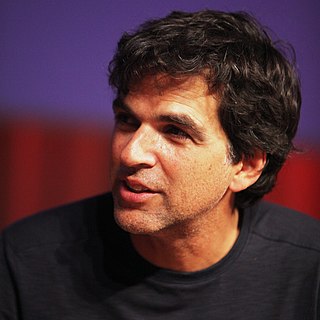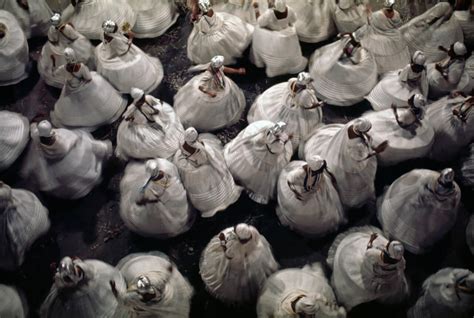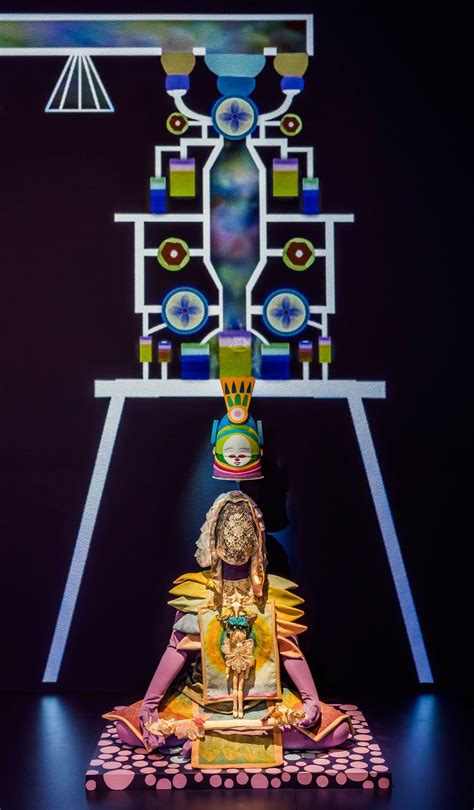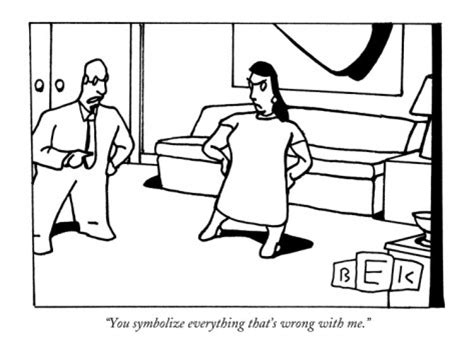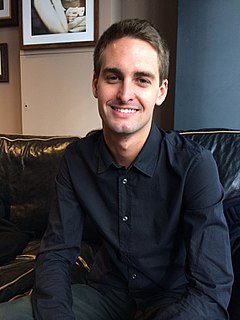A Quote by Robert Mankoff
The digital realm give cartoons and cartoonists more possibilities for exposure.
Quote Topics
Related Quotes
I think The New Yorker's cartoons aren't very political because the people who do the cartoons aren't awfully political people, and they aren't paid to be political. I think editorial cartoonists are. That's what they do. They probably have a great natural interest in politics, and then they are paid to do it, so they sort of have to hunt out these ideas. I admire editorial cartoons, but I'm also sort of happy that I don't do them because I'd hate to have to label things and I'd especially hate, more than anything, to label something Dennis Hastert or Mark Foley.
In all of my years of service to my Lord, I have discovered a truth that has never failed and has never been compromised. That truth is that it is beyond the realm of possibilities that one has the ability to out-give God. Even if I give the whole of my worth to Him, He will find a way to give back to me much more than I gave.
Our digital experiences are out of body. This biases us toward depersonalised behaviour in an environment where one’s identity can be a liability. But the more anonymously we engage with others, the less we experience the human repercussions of what we say and do. By resisting the temptation to engage from the apparent safety of anonymity, we remain accountable and present - and are much more likely to bring our humanity with us into the digital realm
Digital media are biased toward replication and storage. Our digital photos practically upload and post themselves on Facebook, and our most deleted e-mails tend to resurface when we least expect it. Yes, everything you do in the digital realm may as well be broadcast on prime-time television and chiseled on the side of the Parthenon.
Cartoons were very conservative. The country was very conservative. Although the liberals were allegedly in charge for a long time, there was a very acceptable balance what people would talk about in public. And I wanted to stretch those and move further out. And as the civil rights movement began, I started doing cartoons on that and on sit-ins and I was, along with Bill Mauldin, a great cartoonist out of World War II, arguably one of two white cartoonists doing this kind of work, Bill and me.

